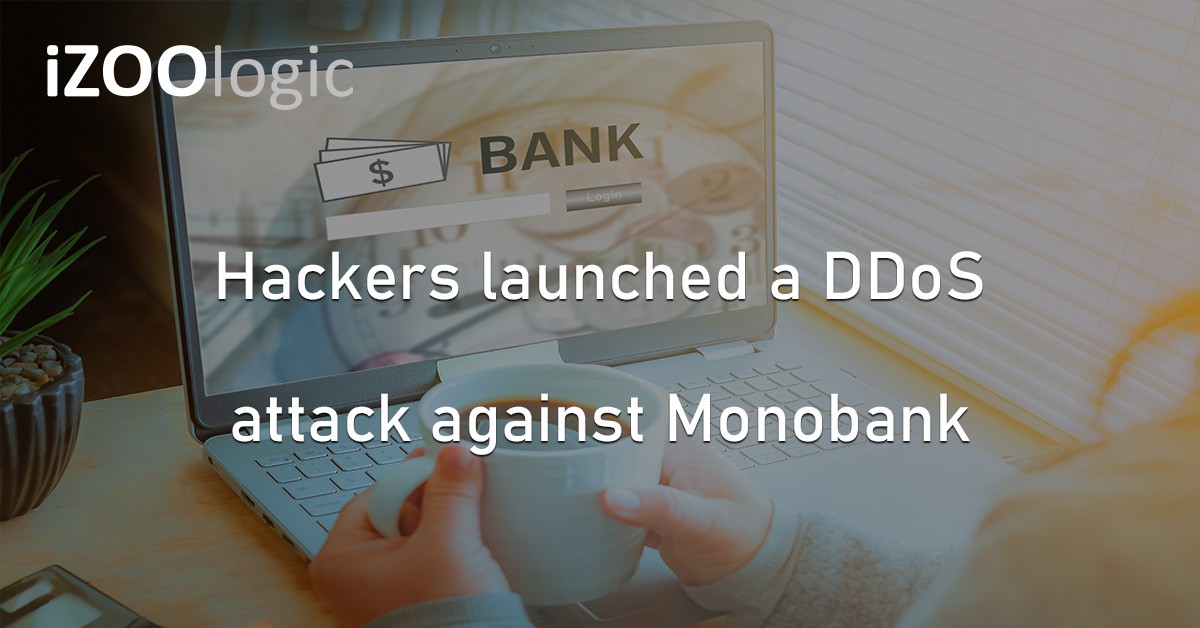A group of alleged Russian-backed threat actors has launched a massive DDoS attack against Monobank, one of Ukraine’s most well-known online banks. Reports show that the targeted bank became the subject of such an attack because Ukraine primarily uses it for military donations.
According to the bank’s CEO, the attack occurred between Friday evening and Monday morning, generating 7.5 billion requests per second. The bank classified the distributed denial-of-attack as an untypical event.
Moreover, the institution claimed that the incident did not impact its operations, but it still collaborated with Ukrainian security agencies and specialists to reduce the surge of junk internet traffic.
Monobank has become a primary target of these DDoS attacks since it suffered the same incident earlier this year.
Monobank received over 580 million junk service requests over three days during a prior DDoS attack last January. Researchers believe the bank became a focus for cybercriminals as it exclusively serves customers via a smartphone application.
On the other hand, the latest attack was intended to disrupt a service that Ukrainians frequently use to gather money for the country’s military forces. This app has simplified donations for users since individuals who donate will only have to establish a virtual wallet and upload it immediately to their Instagram story so that others can contribute.
Furthermore, since Ukraine launched its unexpected cross-border incursion into Russia’s Kursk, Monobank clients have raised donations three times faster than before. The surge of donations made through the site over the last three years gathered the attention of the opposing country.
Hence, threat actors from unknown sources started to launch a wave of DDoS attacks on the online banking app. Monobank indicated that Russia was likely behind the attack but provided no evidence. As of now, this bank is one of the most attacked IT targets in Ukraine.
Researchers believe these attacks will persist as long as donations continue to come in the subsequent months. Hackers, especially those who support the Russian regime, will likely see this as a threat as it continues to support the Ukrainian armed forces.
